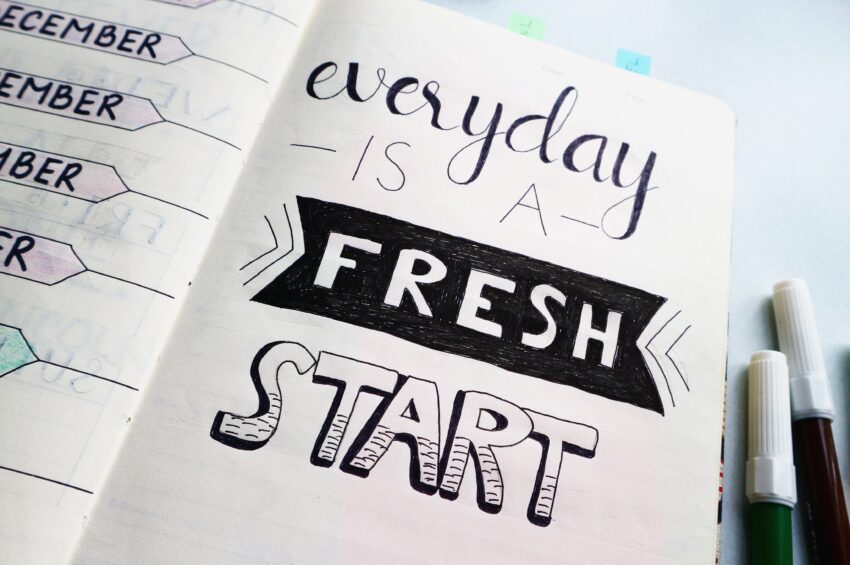What to do when you don’t want to do anything

We all have those days or weeks when life seems like an uphill battle, and our motivation hits an all-time low. It’s essential to recognize that it’s okay to feel this way and to give yourself the grace to navigate through such challenging periods. Everyone has hard days, it is just a part of life. In this blog post, we’ll explore five techniques to help you break free from a mental slump and regain your motivation while emphasizing the importance of self-compassion.
- Practice Self-Compassion:
When you’re feeling low, it’s crucial to be kind to yourself. Understand that everyone goes through tough times, and it’s perfectly okay to have bad days or even weeks. Instead of being hard on yourself, practice self-compassion. Treat yourself with the same kindness and understanding that you would offer to a friend facing similar challenges. Remember, it’s a part of the human experience to encounter difficulties, have hard days, and acknowledging this fact can be the first step towards healing.
- Break Down Tasks into Manageable Steps:
One of the common reasons for feeling overwhelmed is the perception that tasks are too large or complicated. To overcome this, break down your goals into smaller, more manageable steps. By focusing on achievable milestones, you can make progress without feeling daunted by the enormity of the overall task. Celebrate each small victory, as these accomplishments can contribute significantly to boosting your motivation and overall well-being.

- Engage in Physical Activity:
Exercise has a profound impact on mental health. Physical activity releases endorphins, the body’s natural mood lifters, and can help alleviate feelings of stress and anxiety. Even a short walk or a quick home workout can make a significant difference. Find an activity you enjoy, whether it’s yoga, jogging, dancing, or any other form of exercise, and incorporate it into your routine. Regular physical activity not only improves your mood but also enhances your overall sense of well-being.

- Cultivate a Positive Mindset:
Shift your focus towards positivity by practicing gratitude and mindfulness. Take a moment each day to reflect on things you are grateful for, no matter how small they may seem. Mindfulness techniques, such as deep breathing and meditation, can help you stay present and reduce feelings of anxiety about the past or future. Cultivating a positive mindset takes time, so be patient with yourself as you develop these habits.
- Seek Support and Connection:
When going through a tough time, reaching out to friends, family, or a mental health professional can provide invaluable support. Sharing your feelings with someone you trust can help alleviate the burden and offer fresh perspectives. Connection with others is vital for our mental well-being, and surrounding yourself with a supportive network can make a significant difference during challenging times.
Conclusion:
Remember, it’s perfectly normal to experience moments of low motivation and mental fatigue. By practicing self-compassion, breaking down tasks, engaging in physical activity, cultivating a positive mindset, and seeking support, you can navigate through these challenging periods and emerge stronger. Be patient with yourself, celebrate small victories, and embrace the journey towards renewed motivation and well-being.



Leave a Reply